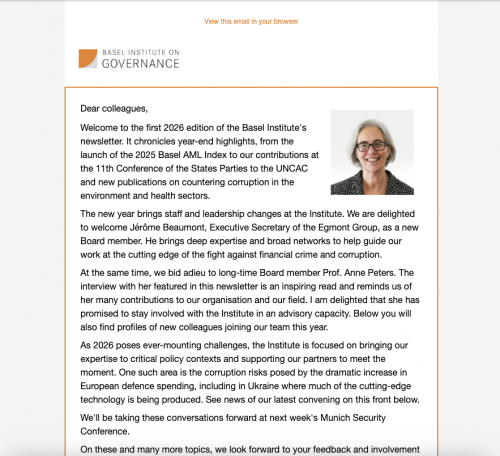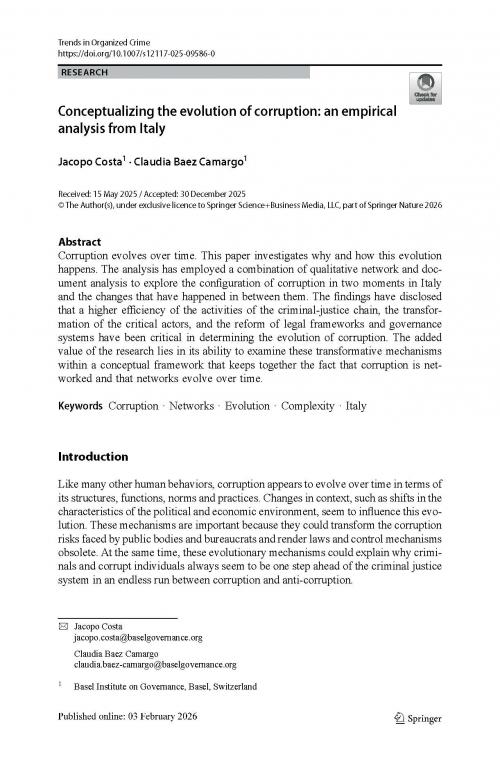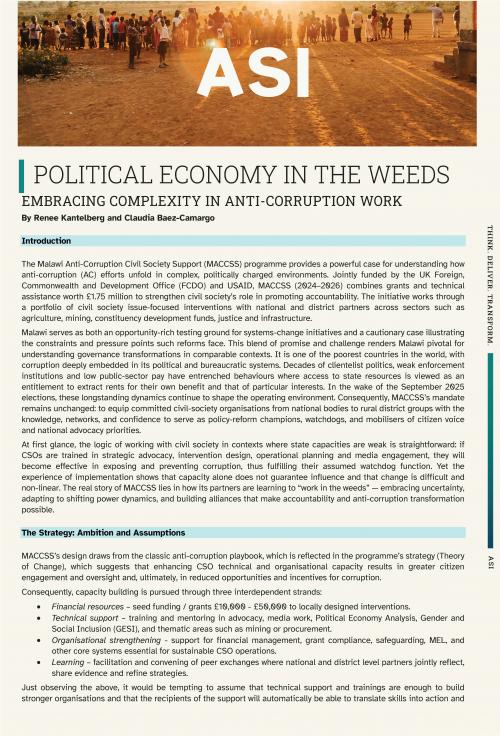The Maritime Anti-Corruption Network: a model for public-private cooperation against graft
Firms operating in global markets often face systemic corruption issues, such as frequent demands for operational facilitation payments (“grease payments”), sometimes paired with extortion and shakedowns. Many anti-bribery regimes prohibit such payments and the OECD has decried the “corrosive effect of small facilitation payments, particularly on sustainable development and the rule of law.” However, any firm that sets an internal policy against such payments risks being snubbed by government officials in certain markets where facilitation payments are expected. Scholars call this a “collective action problem,” in which the incentives motivating individual firms or government agents toward selfish behavior are misaligned with the best policies for the whole sector.
Companies need a way to join forces, share information and approaches, and engage governments and civil society, without threatening their own competitive advantage and freedom to operate. However, differences in styles, agendas, timeframes, and approaches make it hard for these potential partners to move in lockstep to harmonize policies and undertake meaningful change. Corporate disclosure and liability can pose particularly knotty legal challenges.
The Maritime Anti-Corruption Network (MACN) took an innovative approach to drive collective action against entrenched corruption in the maritime sector. Public integrity practitioners confronting collective-action challenges in other sectors and regions may learn from the MACN’s unique model, which integrates both “supply-side” (bribe payer) and “demand-side” (bribe recipient) approaches to corruption prevention.



